Halls
The Vision of the Hall:
Conference halls are responsible for all events, including conferences, exams, seminars, and also for holding lectures for various educational stages and hosting the medical oath-taking ceremony.
The Mission of the Hall:
To teach all students of the college at all their educational stages and also to serve as one of the examination halls.
The Vision of the Ibn Al-Haytham Hall:
The Ibn Al-Haytham Hall is responsible for all events, including conferences, exams, seminars, and also for holding lectures for various educational stages.
The Mission of the Hall:
To teach all students of the college at all their educational stages and also to serve as one of the examination halls.
The Vision of the Al-Kindi Hall:
Al-Kindi Hall is responsible for all events, including conferences, exams, seminars, and also for holding lectures for various educational stages.
The Mission of the Hall:
To teach all students of the college at all their educational stages and also to serve as one of the examination halls.
The Vision of the Al-Zahrawi Hall:
Al-Zahrawi Hall is responsible for holding lectures for various educational stages and is also considered one of the examination halls.
The Mission of the Hall:
To teach all students of the college at all their educational stages and also to serve as a hall for examinations.
The Vision of the Ibn Hayyan Hall:
Ibn Hayyan Hall is responsible for holding lectures for various educational stages and is also considered one of the examination halls.
The Mission of the Hall:
To teach all students of the college at all their educational stages and also to serve as a hall for examinations.
The Vision of the Al-Razi Hall:
Al-Razi Hall is responsible for holding lectures for various educational stages and is also considered one of the examination halls.
The Mission of the Hall:
To teach all students of the college at all their educational stages and also to serve as a hall for examinations.
The Vision of the Ibn Sina Hall:
Ibn Sina Hall is responsible for holding lectures for various educational stages and is also considered one of the examination halls.
The Mission of the Hall:
TTo teach all students of the college at all their educational stages and also to serve as a hall for examinations.
The Vision of the Ibn Al-Nafis Hall:
Ibn Al-Nafis Hall is responsible for holding lectures for various educational stages and is considered one of the examination halls.
The Mission of the Hall:
To teach all students of the college at all their educational stages and also to serve as a hall for examinations.
Vision:
To elevate the scientific level and to strengthen and develop the scientific and professional methodology in the Biochemistry Laboratory by graduating doctors capable of performing their tasks as physicians, providing medical and health services, and possessing the general skills expected from students who have studied in the laboratory and the college.
Mission:
To teach first and second-year students the principles of biochemistry and train them in the fundamentals of biochemical analysis. To teach advanced biochemistry to postgraduate students in line with scientific developments.
Goals:
- To provide the basic knowledge necessary for understanding chemical reactions and laboratory analyses related to humans.
- To illustrate the importance of clinical biochemistry in medicine in a practical and applied manner.
- To enhance the scientific ability of future physicians in diagnosing and treating patients by linking clinical information with laboratory analysis results.
- To train students in scientific research methods and problem-solving related to diseases and finding appropriate treatments.
Goals:
- To train students in acquiring skills in using computers.
- To conduct electronic examinations (Online – Offline).
- To hold electronic lectures and lectures that require the use of computers.
Goals:
- To train students in acquiring medical skills through training on artificial dummies.
- To conduct clinical exams using a hospital simulation system.
Laboratories
Vision of the Laboratory:
The Microbiology Laboratory is responsible for teaching the principles of microbiology and clinical immunology. It is fundamental in relating students to the most important communicable and infectious diseases in society.
Mission of the Laboratory:
To teach second and third-year medical students the principles of microbiology and clinical immunology for various common diseases, acquainting them with laboratory equipment, serological and genetic tests, emphasizing the operation of these devices, and their clinical uses.
Laboratory Goals:
- To educate undergraduate and postgraduate students in applying the basic principles of microbiology and clinical immunology for precise and safe use of modern laboratory equipment (considering modern advances in this field).
- To facilitate basic and applied research that leads to the development and advancement of knowledge about common and infectious diseases for faculty members and postgraduate students.
- To encourage students to acquire knowledge related to their future specialization by gathering updated information from sources other than the college curriculum.
Primary Studies Biology Laboratory:
The laboratory is responsible for:
- Studying and understanding cell components, which are the smallest structural and functional units in the human body.
- Studying the importance and function of the basic cell organelles in the human body.
- Studying the stages of mitotic and meiotic cell division in the human body and the benefits of each.
- Providing basic knowledge to understand modern medical biotechnology techniques to keep up with the scientific advancements happening globally.
- Keeping up with the latest scientific developments in research projects related to molecular medical biology.
- Integrating modern techniques for applications in molecular medical biology into molecular diagnostics to support modern clinical diagnosis, along with exposure to the latest tests in molecular laboratory medicine.
- Organizing seminars, courses, and scientific workshops in the aforementioned fields.
Vision:
The Histology Laboratory is responsible for teaching the principles of histology and is fundamental in educating students about the structure and details of normal human tissue.
Mission:
To teach first and second-year medical students the basic and systematic principles of histology, along with exposure to laboratory equipment, histological stains, and some immunohistochemical staining techniques.
Goals:
- To guide and teach students how to efficiently use a light microscope.
- To teach the practical component of histology (primary tissue & Systematic histology) to first and second-year students.
- To examine histological slides (microscopic histology) and natural models of organs (Gross Histology).
- To provide interactive education in histology in the laboratory through examining models and slides and preparing immediate reports in small groups.
- To link practical sessions with theoretical lectures to ensure students have a clear understanding and grasp of the information, preparing them for the pathology course in the third year.
- The laboratory considers modern advances in the field.
- To facilitate basic and applied research that leads to the development and advancement of knowledge about diseases related to normal and pathological tissues.
- To encourage students to acquire knowledge related to their future specialization by gathering updated information from sources other than the college curriculum.
Vision:
The Anatomy Laboratory is responsible for teaching the principles of anatomy and is fundamental in educating students about the structure and details of normal human tissue.
Mission:
To teach first and second-year medical students the principles of anatomy.
Goals:
- To guide and teach students how to dissect the human body and acquaint them with all components of the human body.
- To teach the practical component of anatomy (HSF) to first and second-year students.
- To link the practical material with theoretical lectures to ensure students have a clear understanding and grasp of the information, preparing them for the surgery course in the fourth year.
- The laboratory considers modern advances in the field.
- To facilitate basic and applied research that leads to the development and advancement of knowledge about diseases.
- To encourage students to acquire knowledge related to their future specialization by gathering updated information from sources other than the college curriculum.
- To serve as one of the examination halls.
Vision of the Laboratory:
The Pharmacology Laboratory is responsible for teaching the principles of pharmacology and is fundamental in acquainting students with the most important drugs and their compositions.
Mission of the Laboratory:
To teach second, third, and fourth-year medical students the principles of pharmacology for various study modules.
Goals of the Laboratory:
- To teach undergraduate and postgraduate students the application of basic principles of pharmacology.
- To facilitate basic and applied research that leads to the development and advancement of knowledge about common drugs.
- To encourage students to acquire knowledge related to their future specialization by gathering updated information from sources other than the college curriculum.
Brief:
- Educating the community about the importance of studying medical physics and its relationship to individual health, particularly ionizing radiation and diagnostic and therapeutic radiological devices.
- Preparing distinguished physicians in their specialties, capable of elevating the level of medical performance in health fields to match that in developed countries.
- Achieving the best outcomes through comprehensive annual plans for teaching, research, and scientific activities, and providing students with the latest information in medical physics to contribute to the graduation of competent doctors for community service.
Mission:
To teach the basics of human physiology and medical physics in various aspects. Contributing to the development of students' mental and practical skills through the latest methods of academic, theoretical, practical, and clinical education, and how to apply this information in practical life.
Goals:
- One of the main goals of the laboratory is to train students in understanding the basic practical principles and concepts of physics as they study them theoretically and learn how to apply them in a laboratory setting to develop practical skills and focus.
- Continuous development in teaching medical physics to medical students using modern educational methods to establish a solid foundation for acquiring future clinical, scientific, and research skills.
- At the beginning of the first semester, students in the medical physics laboratory are introduced to measurement devices, precision calculation, and error ratios in the device, followed by practical experiments that cover physics and its applications in the medical field.
About the Laboratory:
This is a fundamental and primary laboratory for medical students, and it is a virtual lab that simulates real-life scenarios. In this lab, students are trained on various medical skills before practicing in real-life situations. It also provides a safe environment for students to repeatedly practice required skills under supervision to master them, and then allows them to perform the skills independently to build self-confidence without causing harm to a real patient.
Additionally, the laboratory is equipped to conduct structured and objective clinical exams (OSCE). The lab has been designed to mimic a hospital ward to enhance the realism of the effective training environment perceived by the students and faculty.

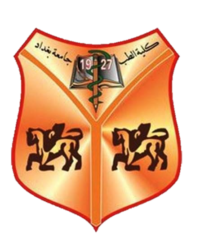
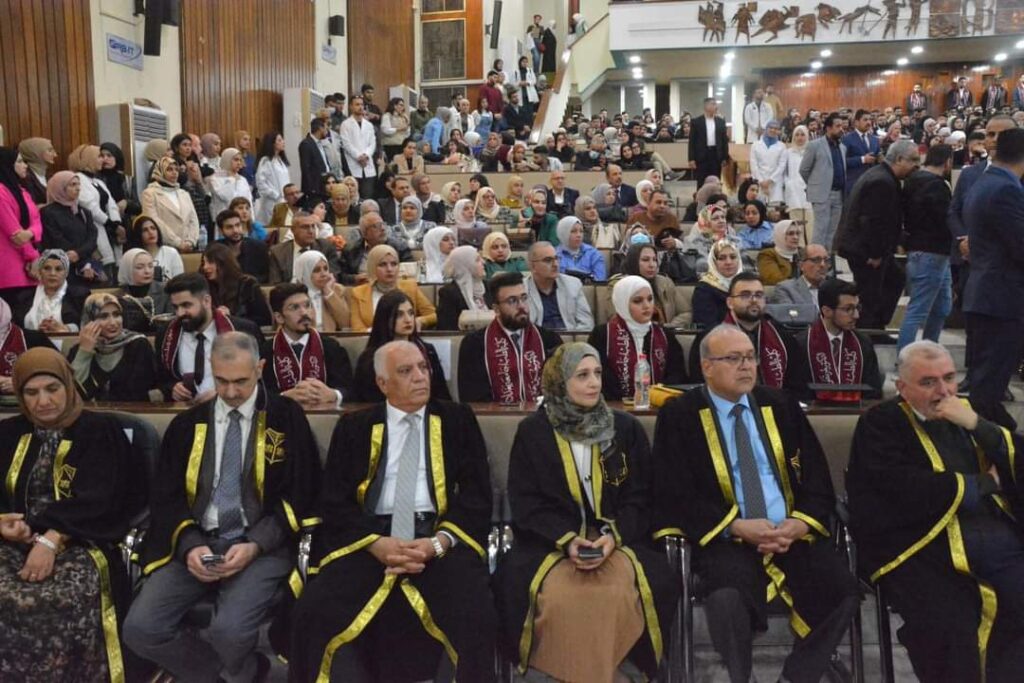



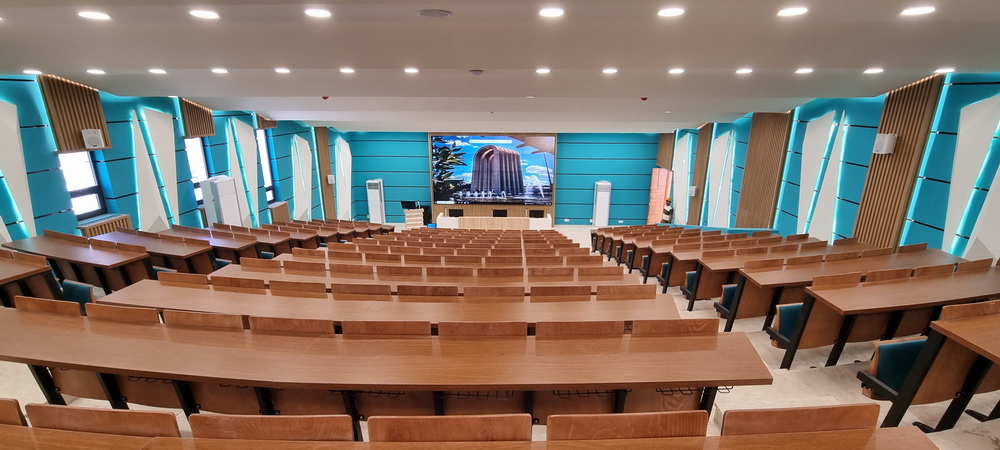
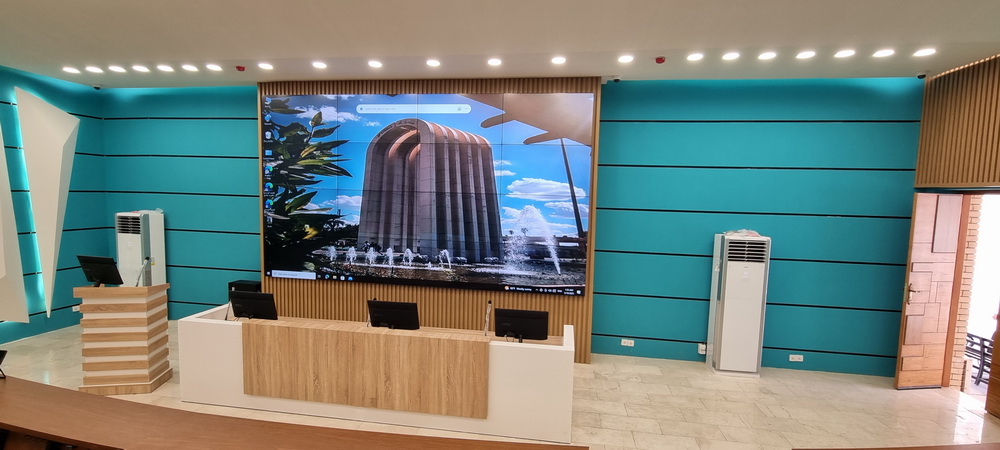
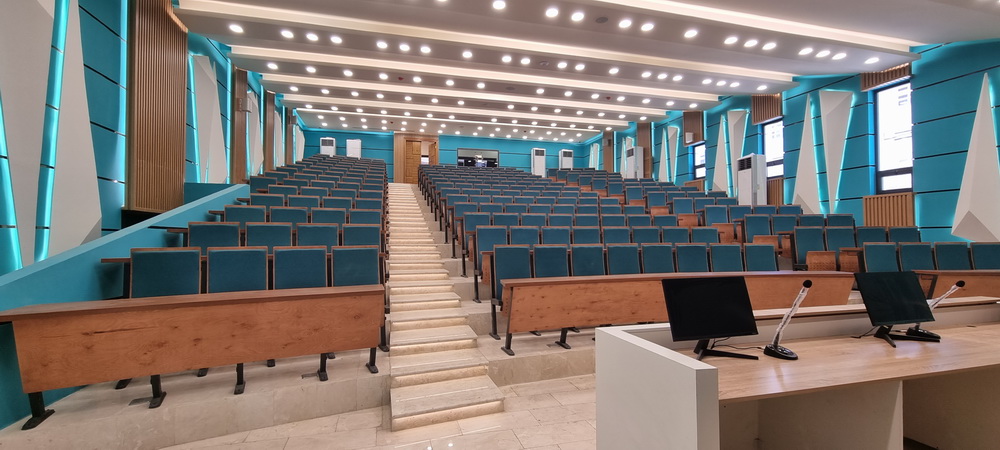
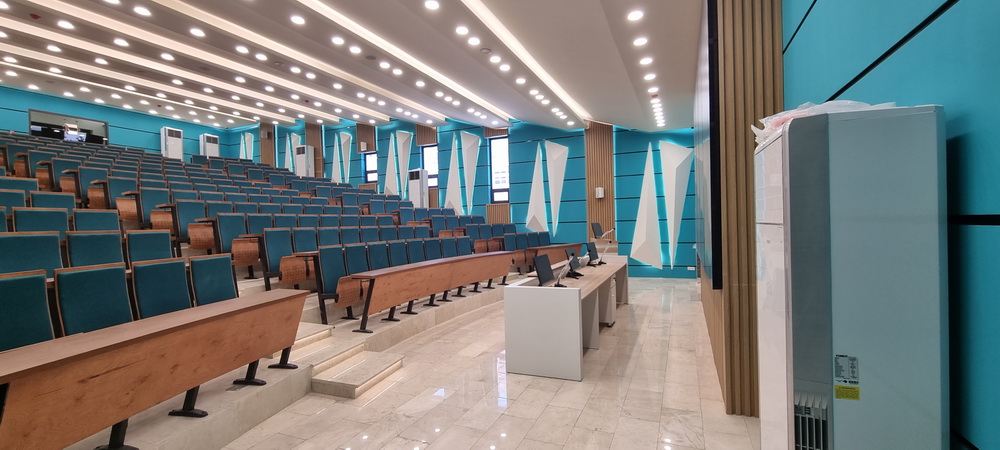
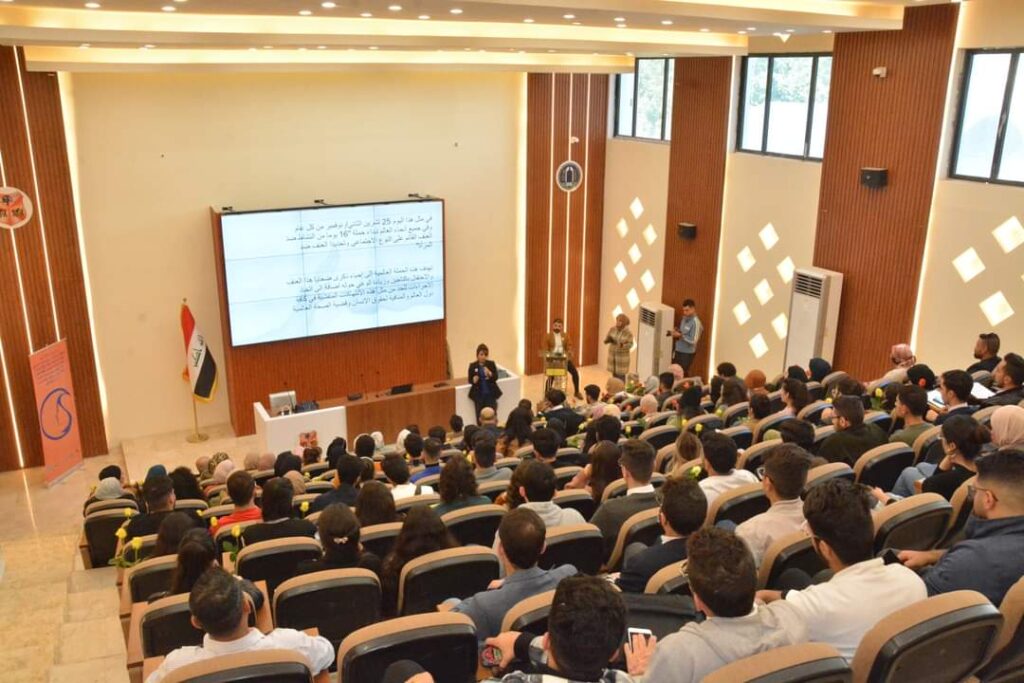
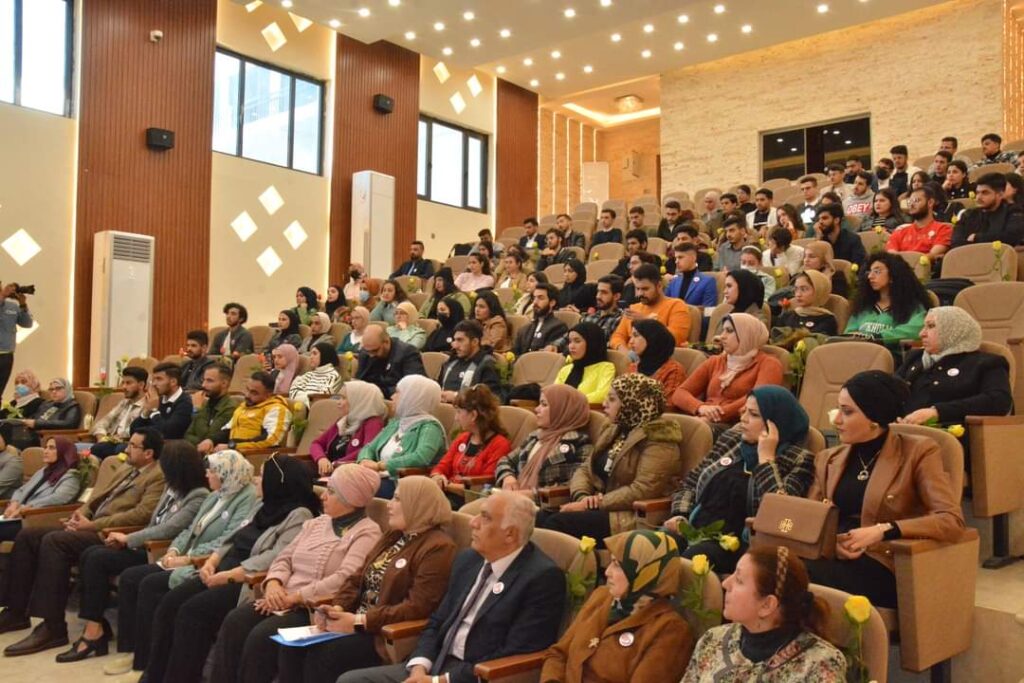


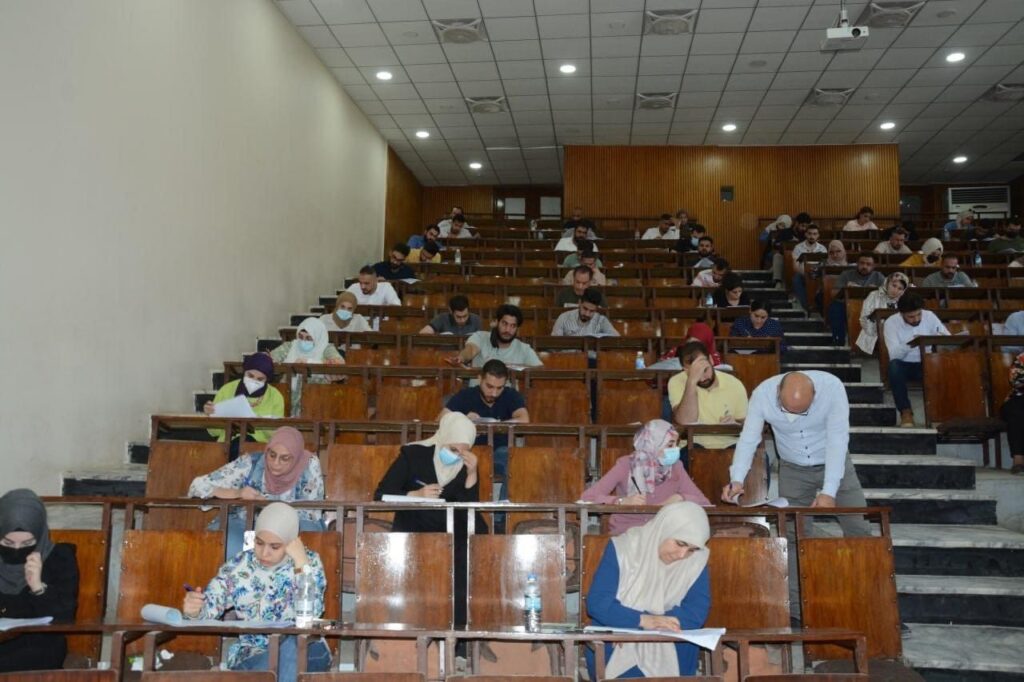
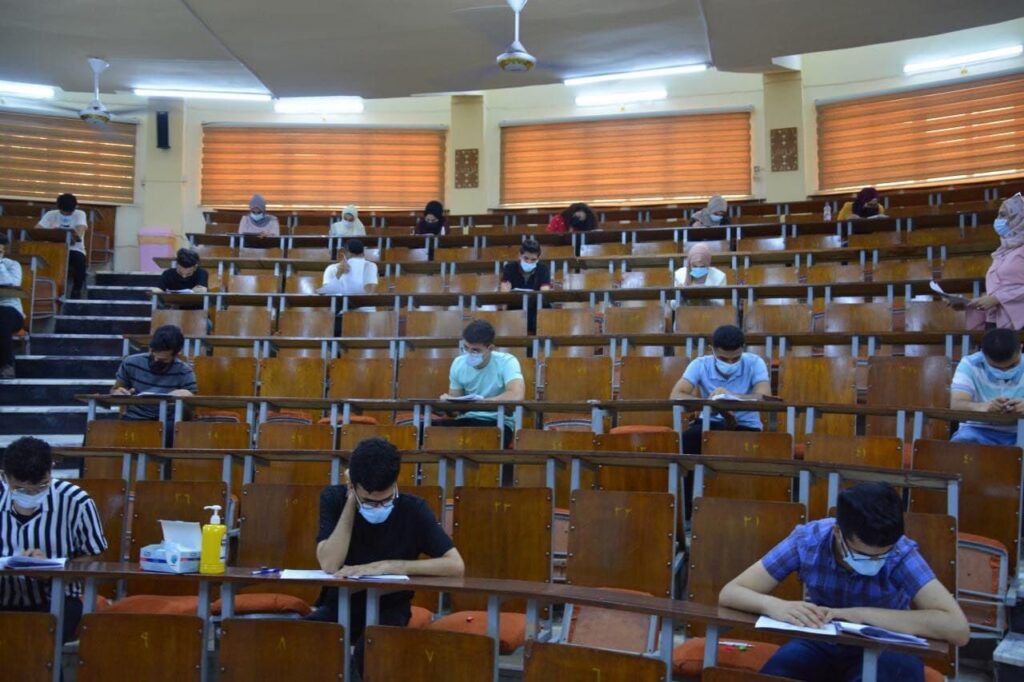
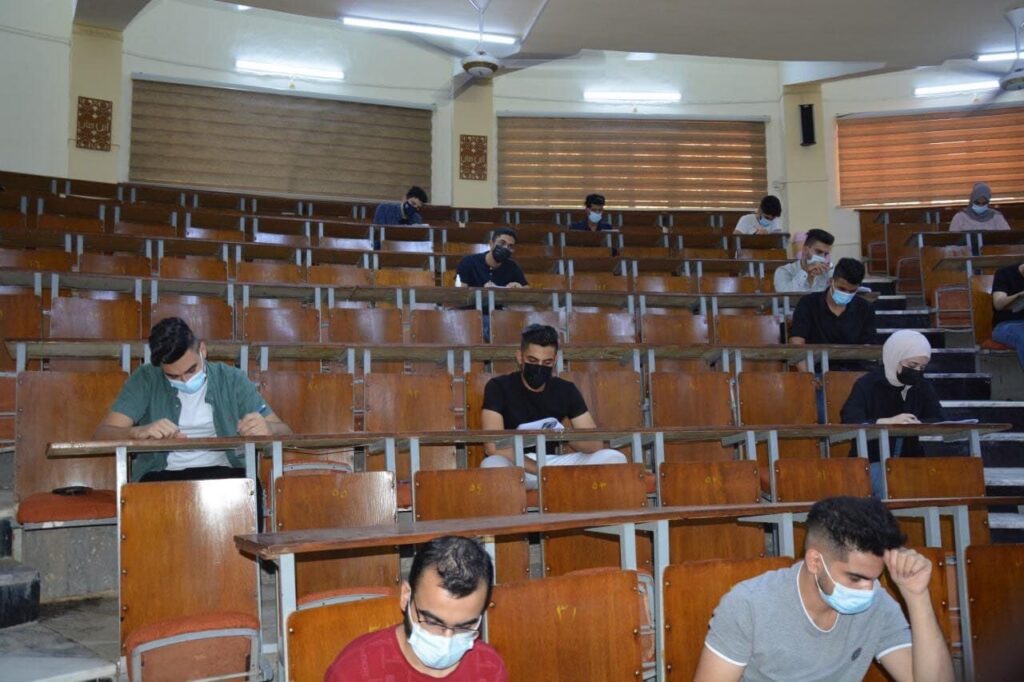
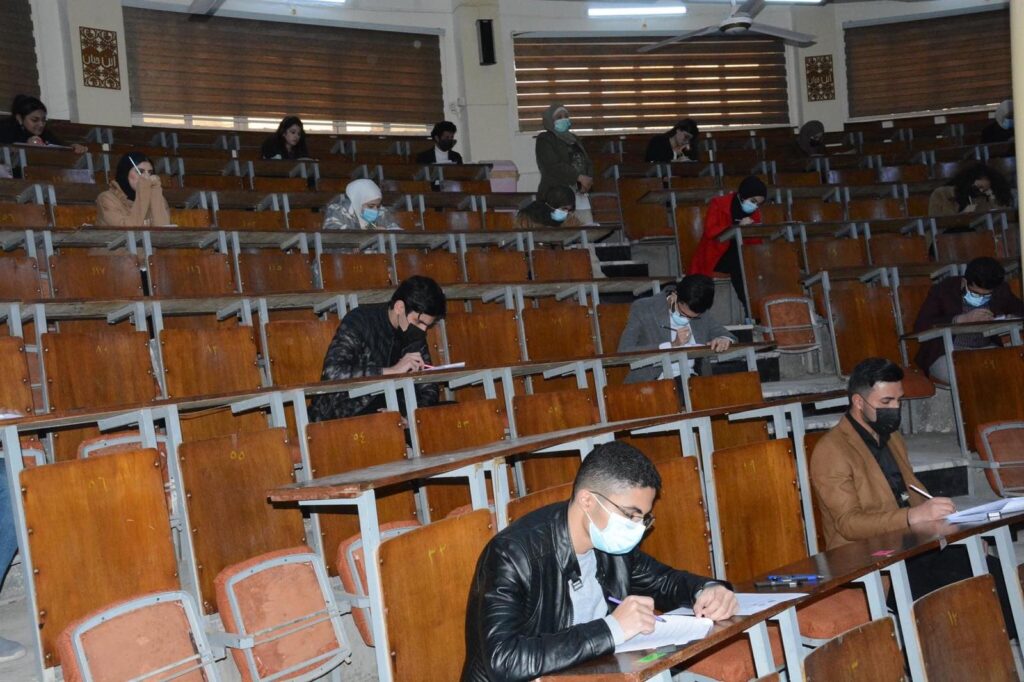
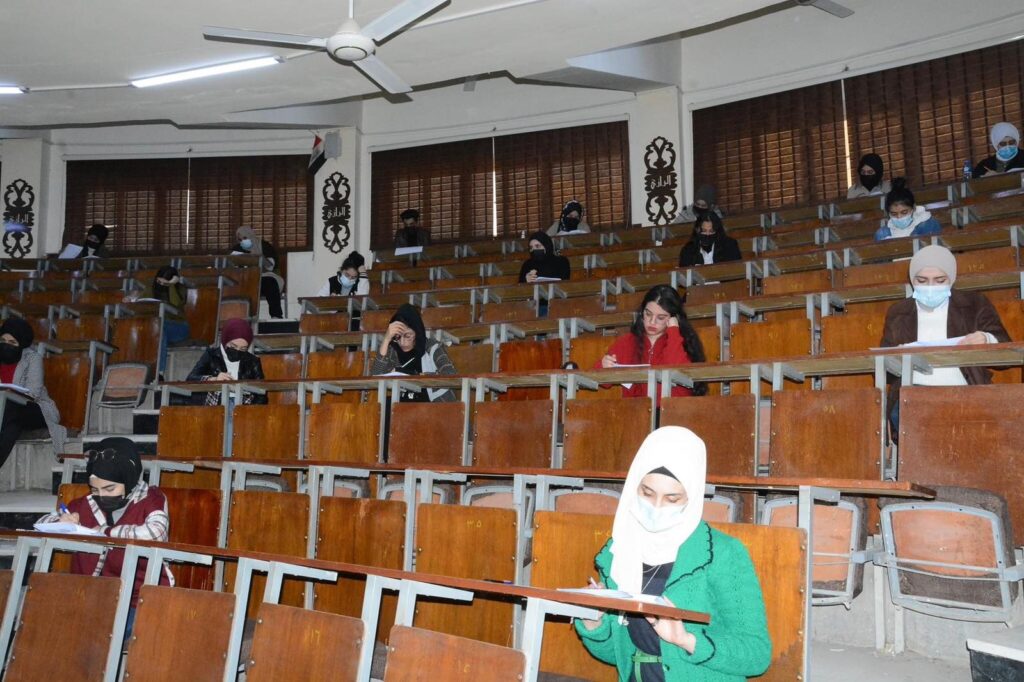
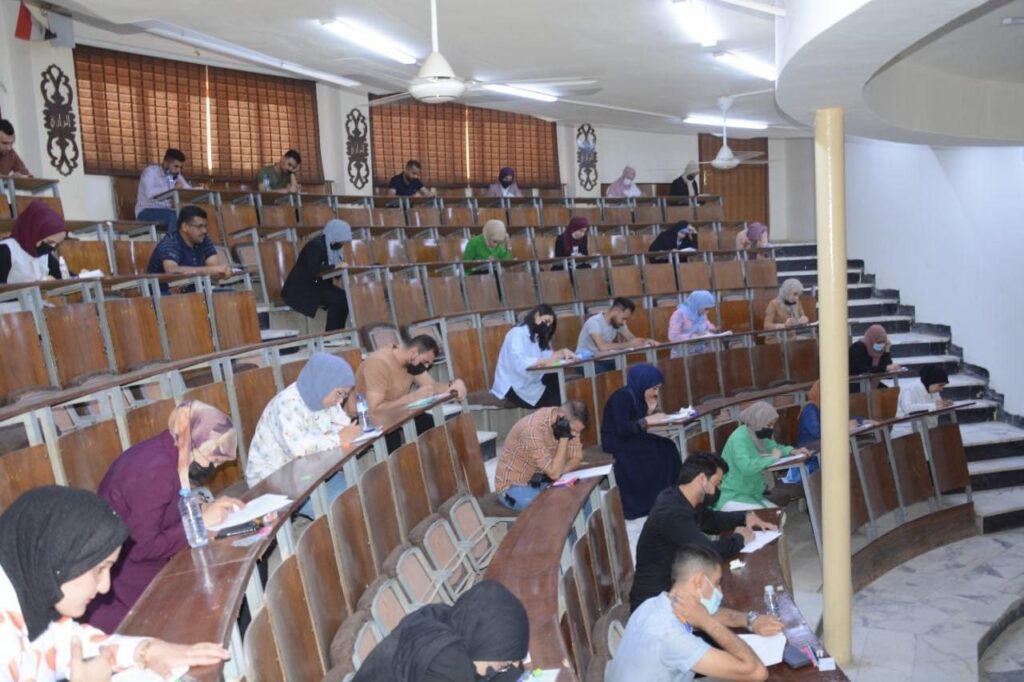
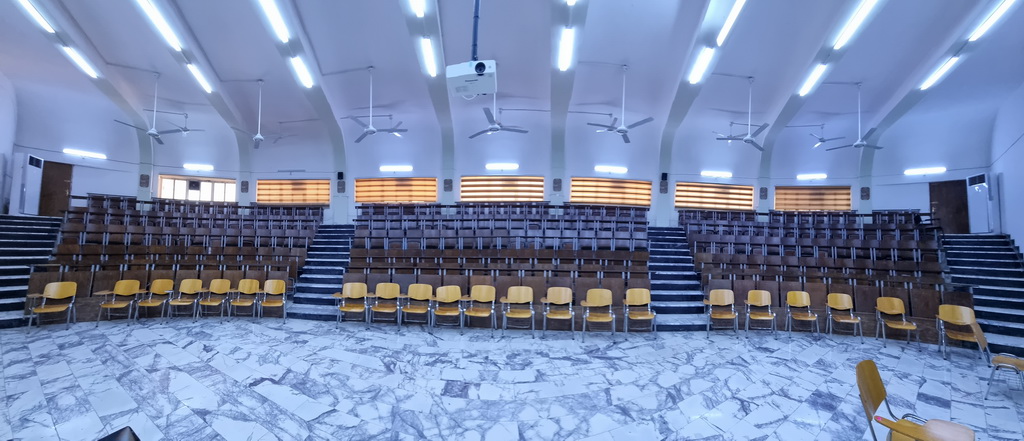
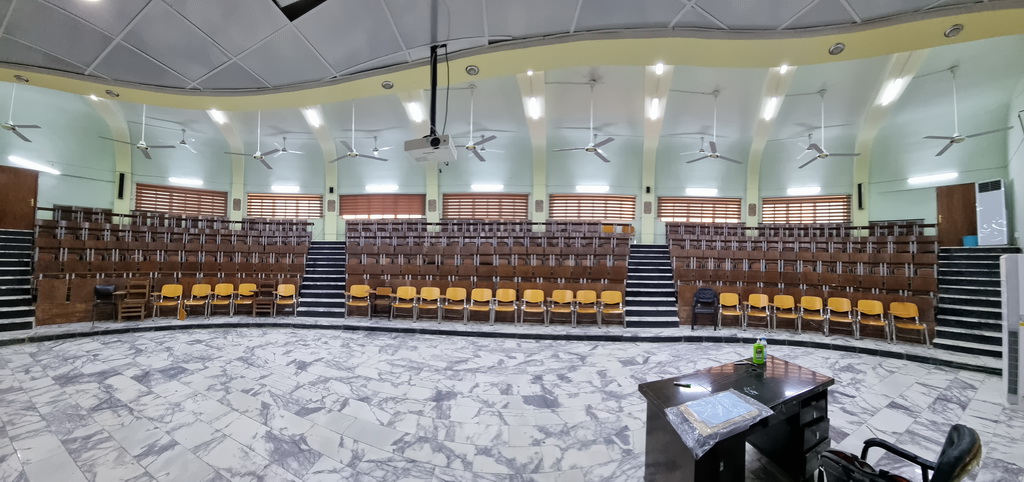
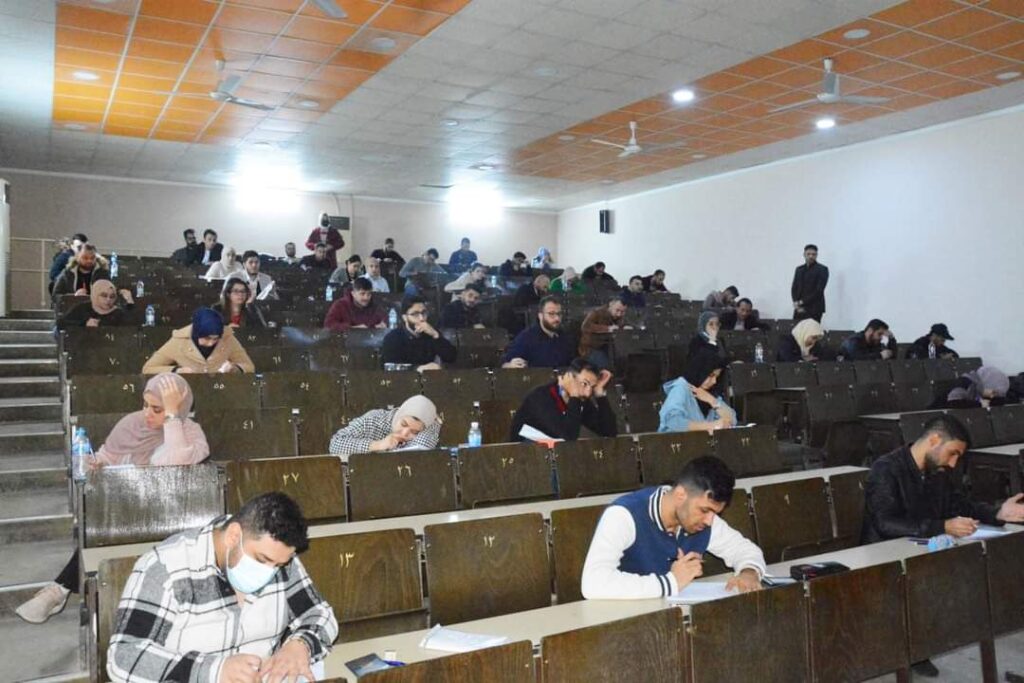

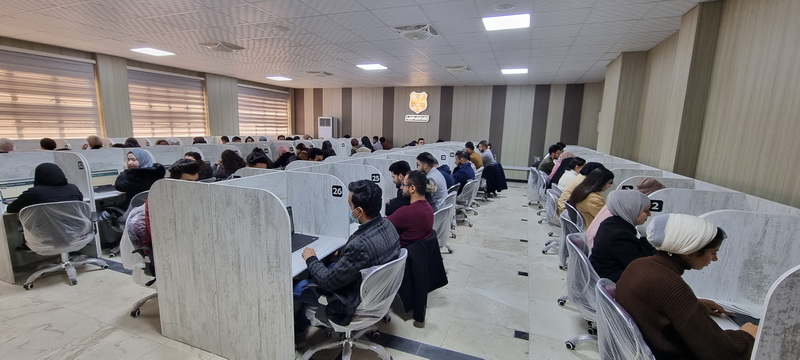
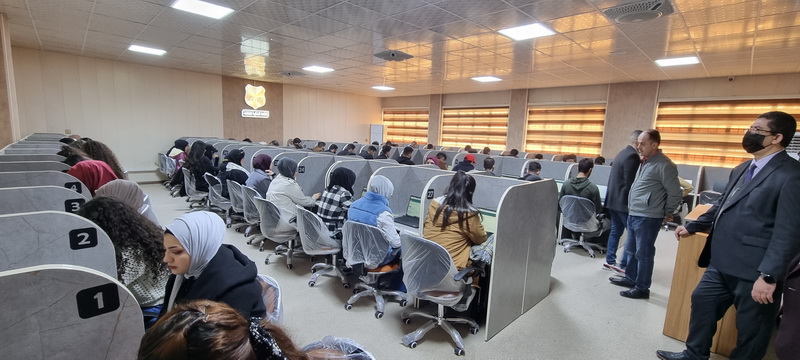

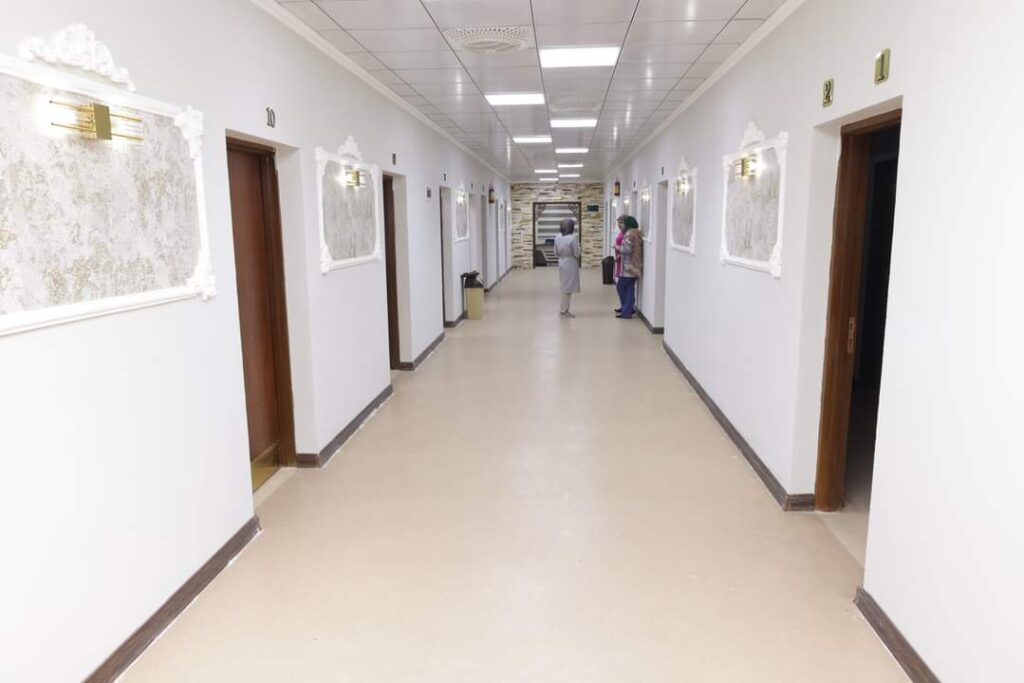
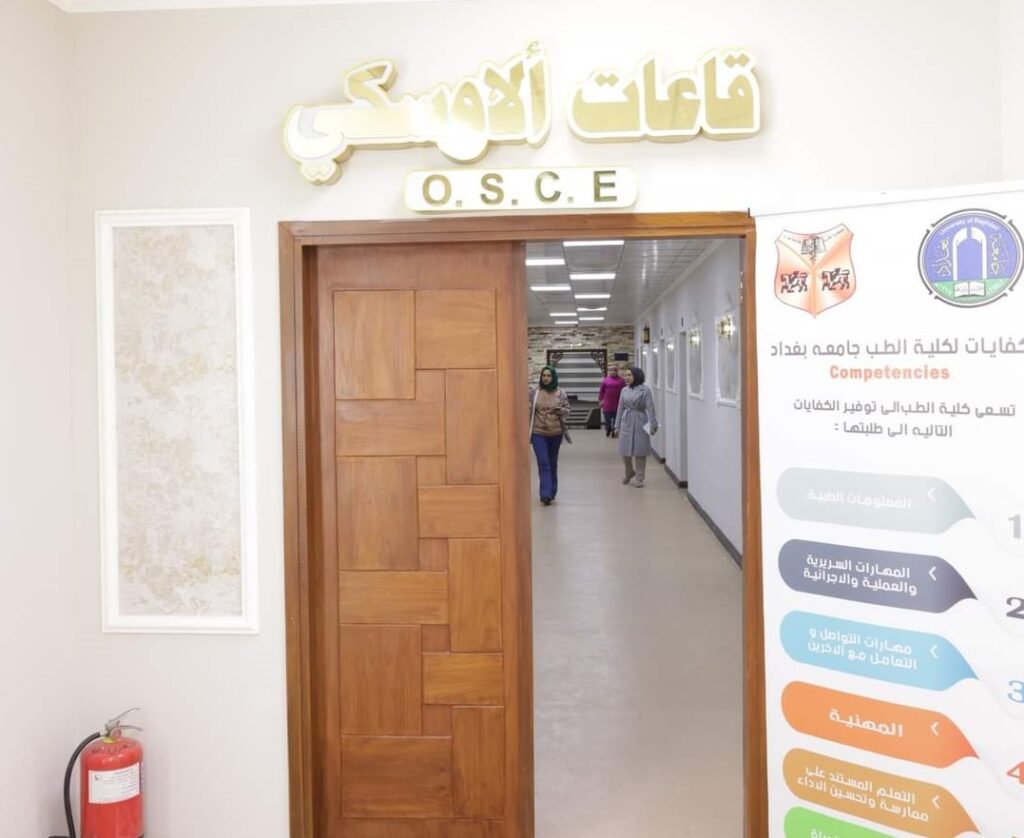

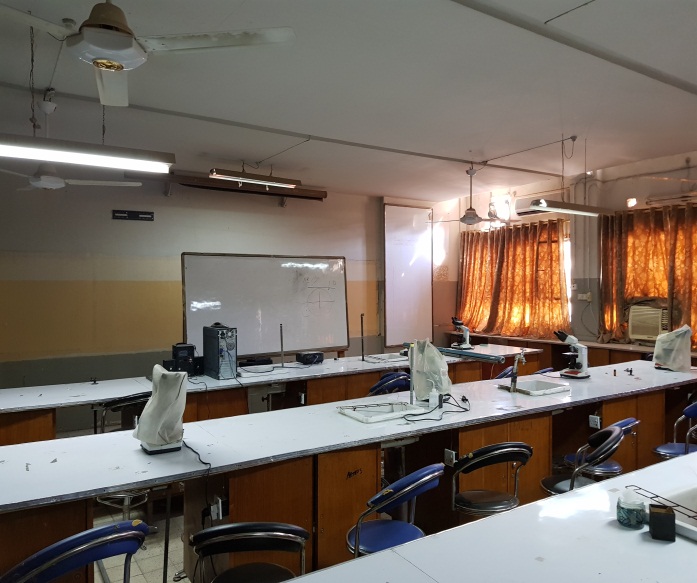
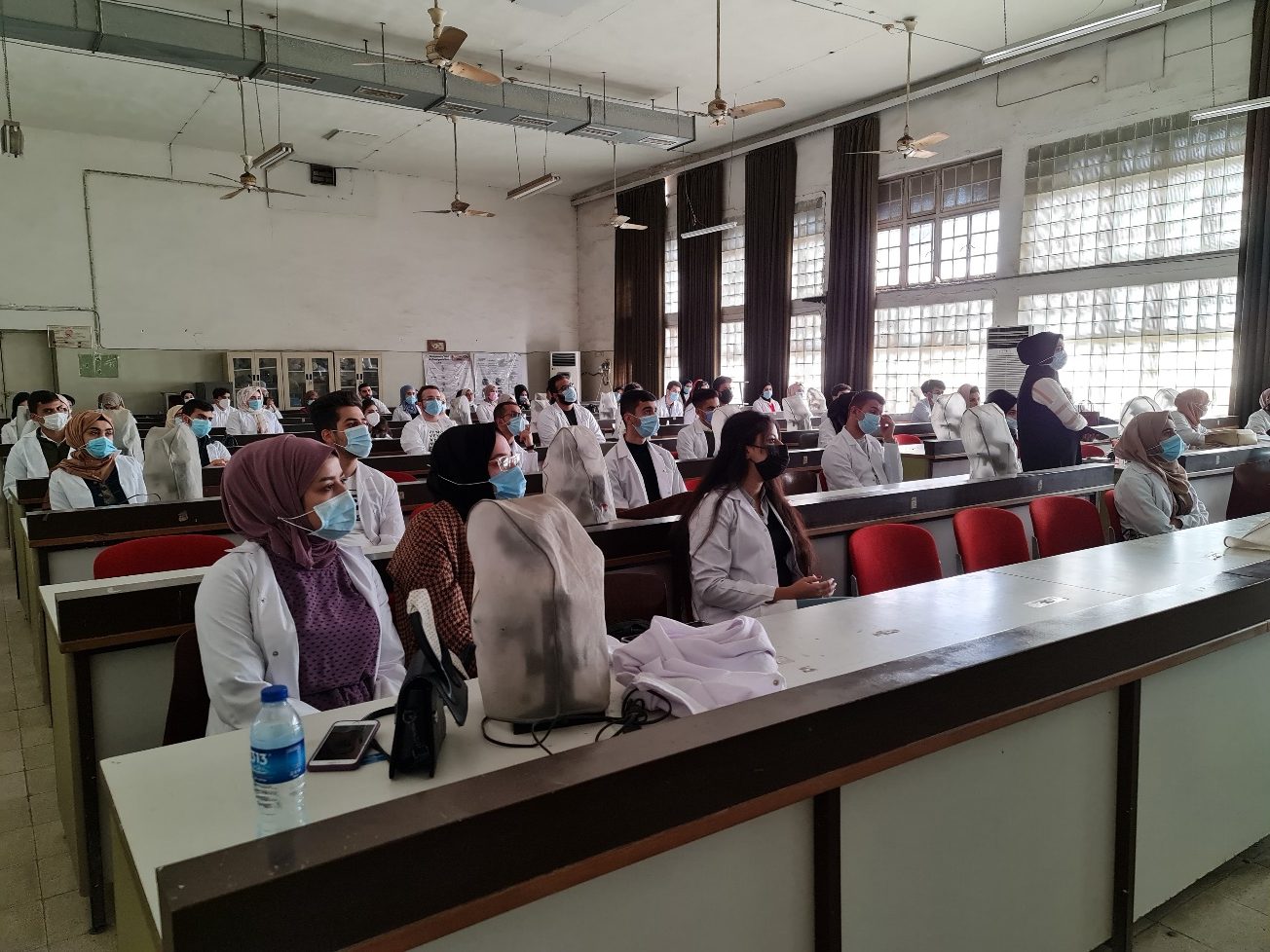
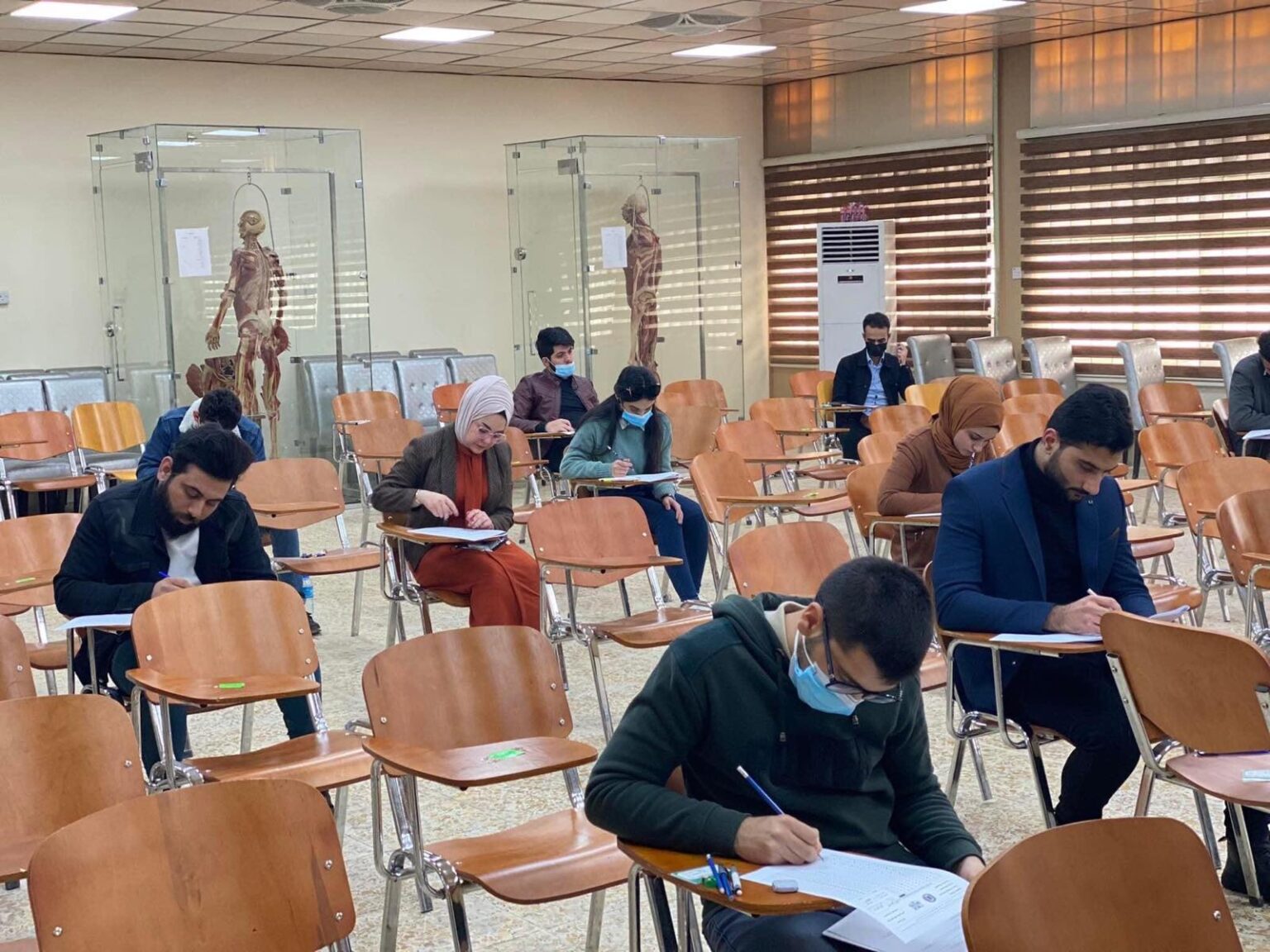
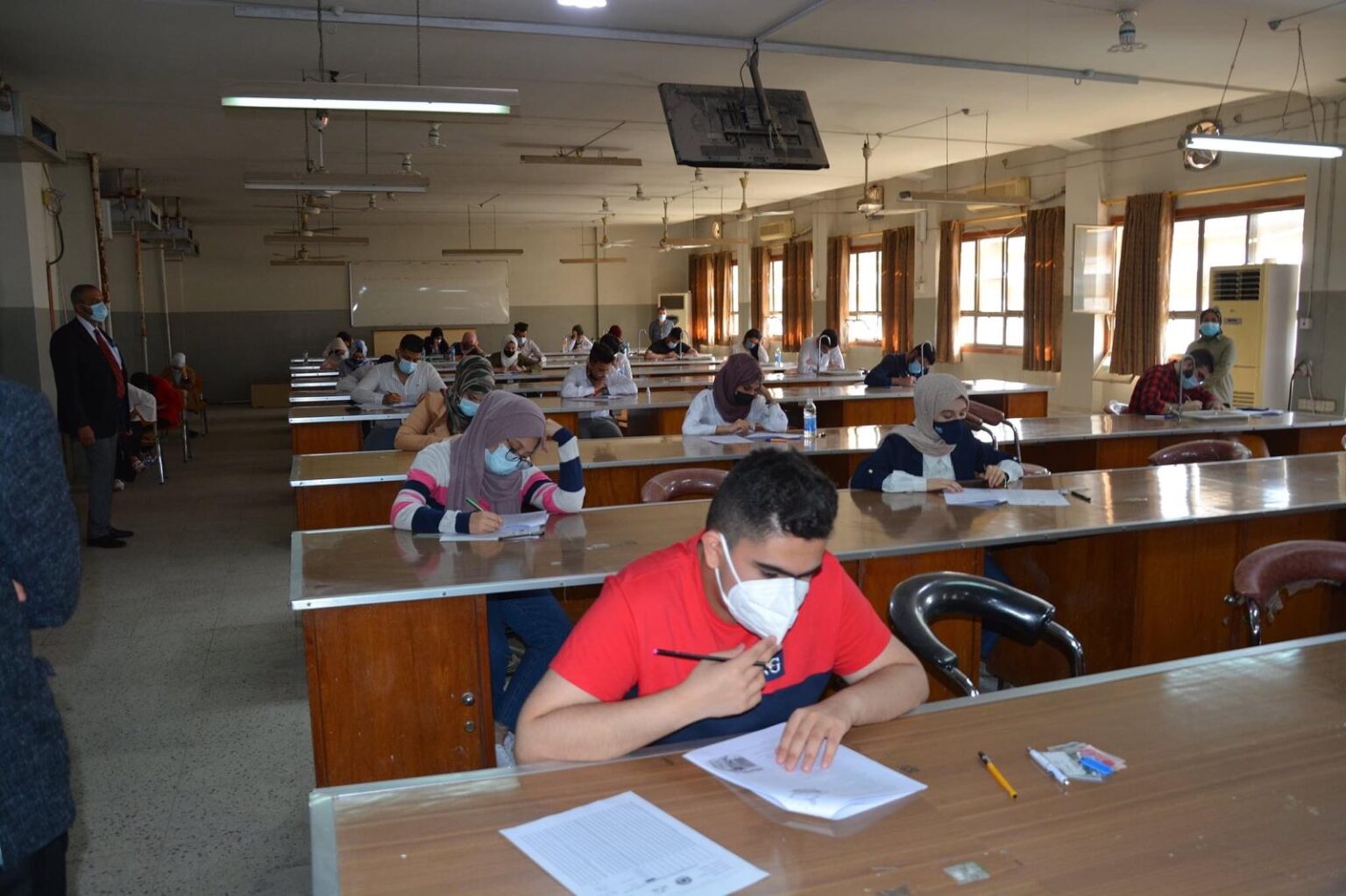
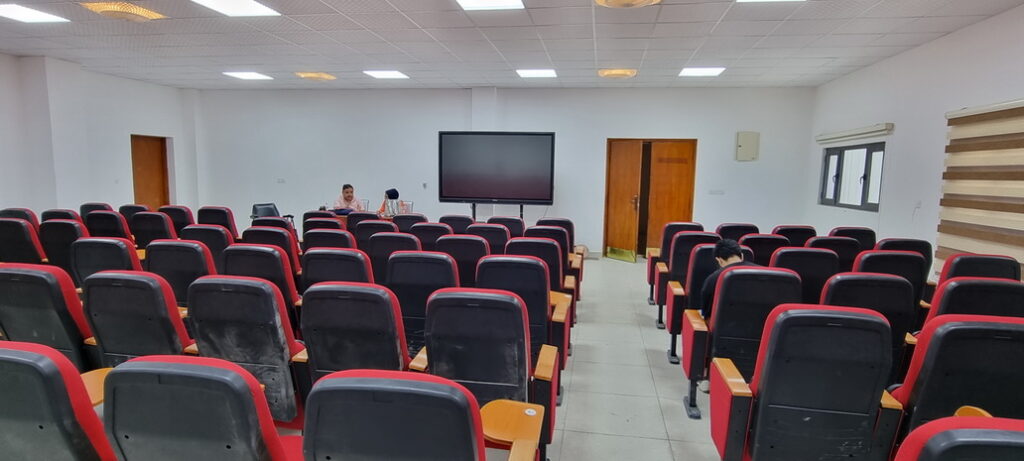
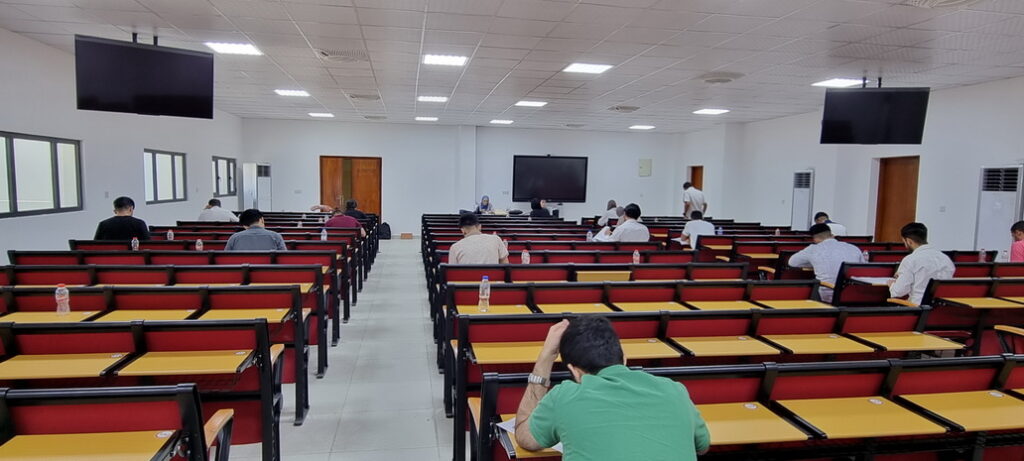

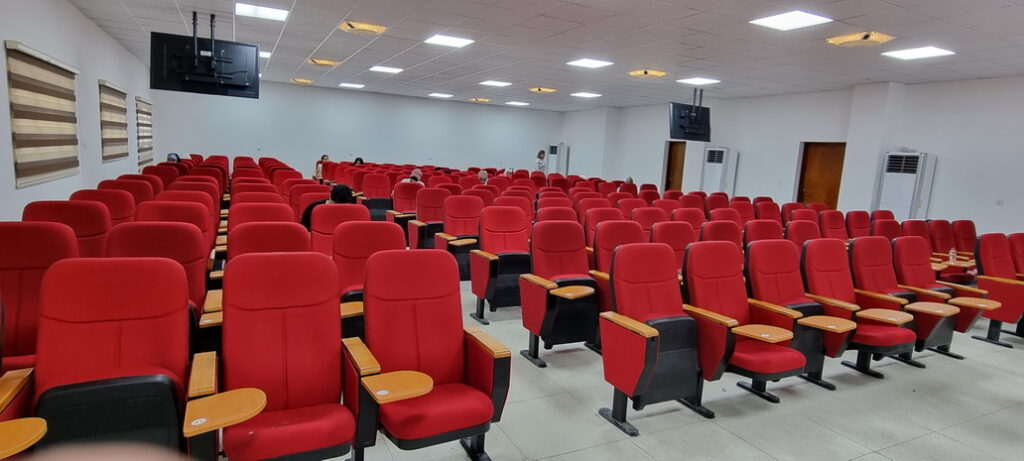

![lab-4[1]](https://en.comed.uobaghdad.edu.iq/wp-content/uploads/sites/94/2023/12/lab-41.jpg)
![lab-3[1]](https://en.comed.uobaghdad.edu.iq/wp-content/uploads/sites/94/2023/12/lab-31.jpg)
![lab-5[1]](https://en.comed.uobaghdad.edu.iq/wp-content/uploads/sites/94/2023/12/lab-51.jpg)
![lab-6[1]](https://en.comed.uobaghdad.edu.iq/wp-content/uploads/sites/94/2023/12/lab-61.jpg)
![lab-7[1]](https://en.comed.uobaghdad.edu.iq/wp-content/uploads/sites/94/2023/12/lab-71.jpg)
![lab1[1]](https://en.comed.uobaghdad.edu.iq/wp-content/uploads/sites/94/2023/12/lab11.jpg)
![lab-8[1]](https://en.comed.uobaghdad.edu.iq/wp-content/uploads/sites/94/2023/12/lab-81.jpg)
![lab-9[1]](https://en.comed.uobaghdad.edu.iq/wp-content/uploads/sites/94/2023/12/lab-91.jpg)
![lab-10[1]](https://en.comed.uobaghdad.edu.iq/wp-content/uploads/sites/94/2023/12/lab-101.jpg)
![lab-11[1]](https://en.comed.uobaghdad.edu.iq/wp-content/uploads/sites/94/2023/12/lab-111.jpg)